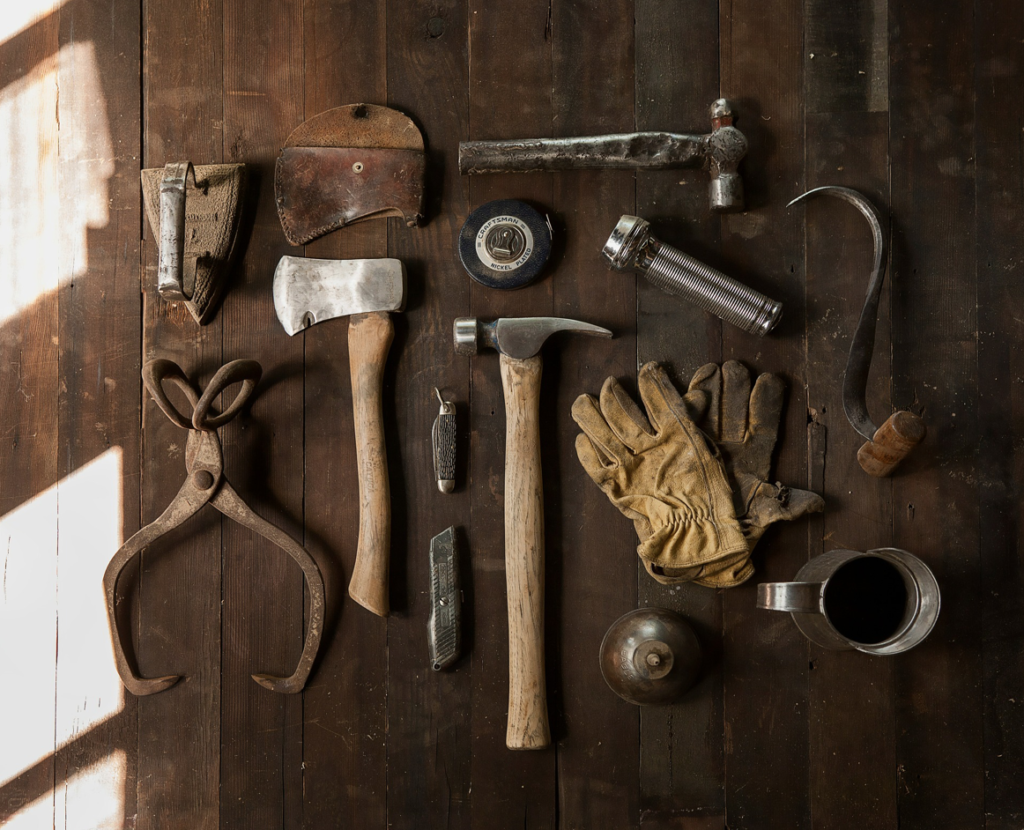
You do a lot to protect the investment you’re making in your home — an appraisal, home warranty, homeowners insurance, flood insurance, etc. — but there are steps you can take before you even make the purchase. In addition to do doing a bit of research about neighborhood safety, taxes, and mortgage rates, you should make sure to get your home inspected before finalizing the deal. Having a professional check for damage your eyes can’t see can more than make up for the time and money it takes.
A home inspector will check for problem areas that currently pose an inconvenience or might develop into something dangerous or costly down the line. The inspector will cover large, more obvious issues, such as a damaged driveway, cracked foundation, and rotten siding, but he or she will be looking for more insidious evidence of future problems: bathroom exhaust that vents into the attic, bowed windows, termites, foundation cracks, garage ventilation issues, plumbing leaks or faulty fixtures, a Ground Fault Circuit Interrupter (for outlets in the kitchen), soffit damage, proper exterior drainage… you get the idea. Isn’t it one of your greatest fears to buy a house that soon needs all of its plumbing replaced, floods annually in the basement, or is a breeding ground for mold? An inspection can help with that.
Although many of these problems are more common in older homes, newer and remodeled homes equally benefit from an inspection. Some remodels are patched together quickly, without proper licensing and with substandard workmanship, creating a home that looks nice but lacks structural or material integrity. Discovering these issues later down the line can cost a pretty penny. For newer homes, common problems include exposed wires or sloping that encourages the water to drain back toward the home.
At the very least, the inspection will help you to learn more about your new house, such as the likely age and condition of some of its materials and any quirks it might have. If you accompany your inspector on the tour, you can ask questions about where all those wires go in your basement or how to maintain them. You’ll essentially have a report card and of your home’s qualities to keep on hand.
Plus, if your inspector finds problems with the house you can use the inspection to negotiate prices down, or to require the seller to make any necessary repairs before the deal is final. Although an inspection can cost up to $500, you could save thousands on repairing hidden disasters and fixing plumbing time bombs. And the time involved doesn’t have to hold up the process: You can make an offer contingent on the findings of an inspection.
A survey by the American Society of Home Inspectors found that 90% of U.S. homeowners think inspections are a necessity for a home purchase. If you aren’t yet convinced that it’s necessary in your case, consider that 72% said their inspection helped them avoid future problems, and 64% said their inspection saved them money. To find a qualified inspector, try searching on ASHI’s website or the InterNACHI of the National Association of Certified Home Inspectors. Chances are, your real estate agent can also point you toward a few reliable local options.
Author info: Sam Radbil is a contributing member of the marketing and communications team at ABODO, an online apartment search service. ABODO was founded in 2013 in Madison, Wisconsin. And in just three years, the company has grown to more than 30 employees, raised over $8M in outside funding and helps more than half a million renters find a new home each month.




Leave a Reply